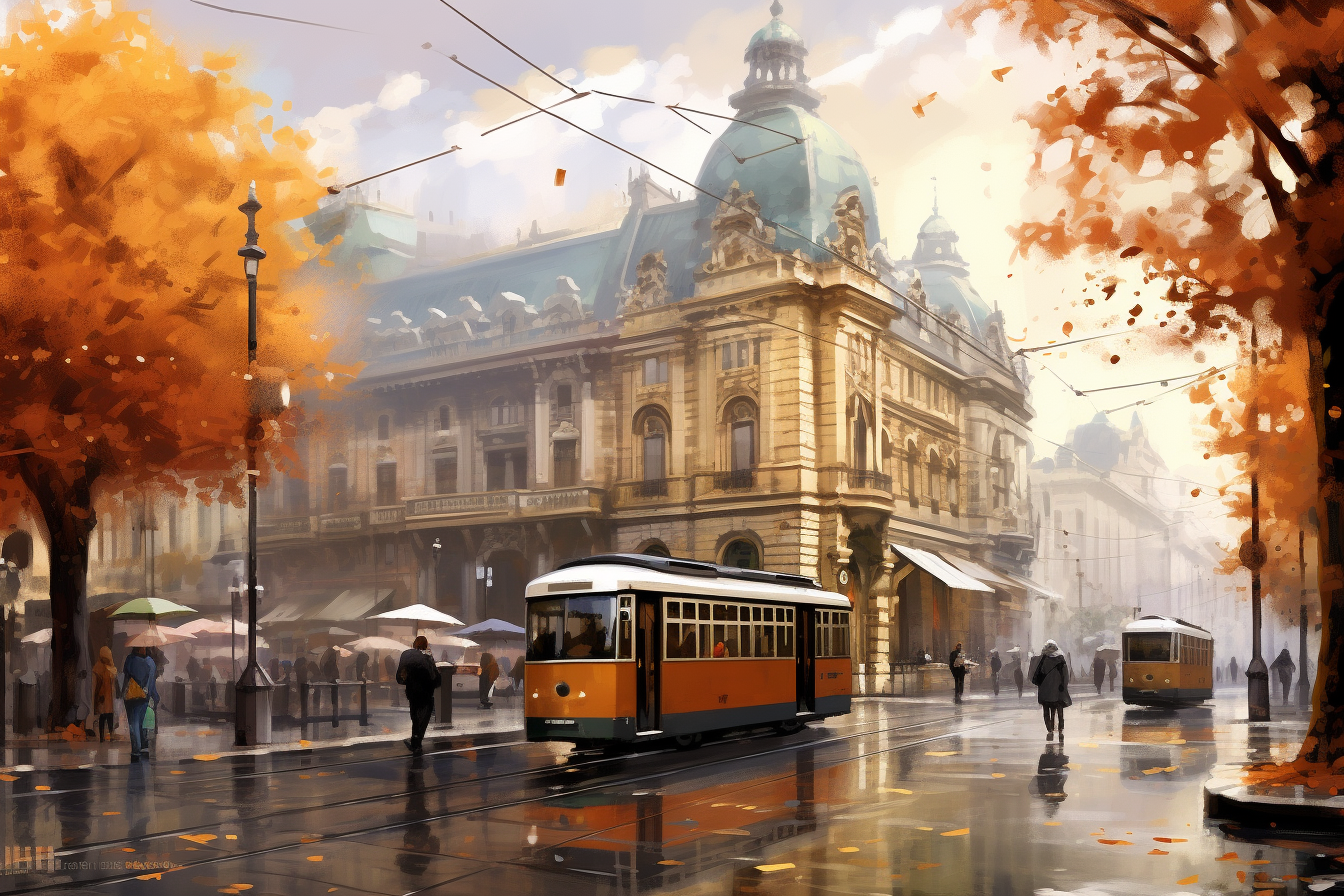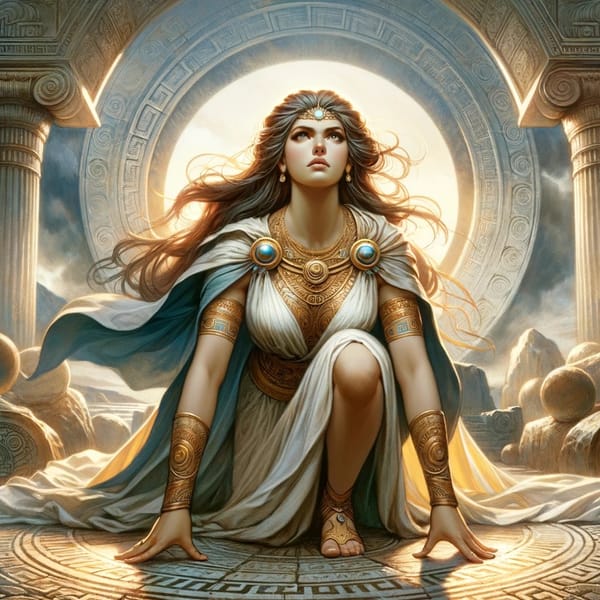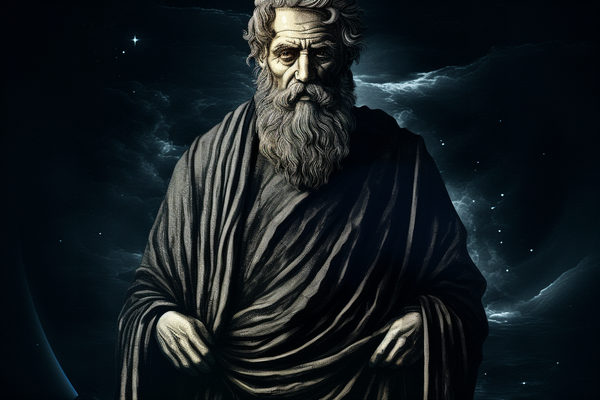A Timeline of Croatia
A broad timeline of Croatia.

Prehistoric Settlements (circa 10,000 BC - 2000 BC)
Archaeological evidence suggests that Croatia was inhabited as far back as the Paleolithic era. The Vindija Cave in northern Croatia has yielded some of Europe's most important Neanderthal fossils.
Illyrian Period (2000 BC - 168 BC)
The Illyrians, an ancient Indo-European people, settled in the western Balkans, including modern-day Croatia. They were known for their warrior culture and complex hill forts.
Roman Rule (168 BC - 476 AD)
After a series of conflicts known as the Illyrian Wars, the Romans incorporated Croatia into the provinces of Dalmatia and Pannonia. Roman influence is still visible in cities like Split, where Emperor Diocletian built his palace.
Early Christianity and Byzantine Influence (476 AD - 800 AD)
Following the fall of the Western Roman Empire, parts of Croatia came under Byzantine rule. This period saw the spread of Christianity, and the establishment of early dioceses like the one in Salona.
Arrival of the Croats (7th Century)
Slavic tribes, including the Croats, migrated to the Balkans in the 6th and 7th centuries. They eventually formed their own principalities, laying the foundation for the Croatian state.
Medieval Croatian Kingdom (925 - 1102)
Croatia became an independent kingdom under King Tomislav in 925. This period was marked by territorial expansion and the strengthening of state institutions. The Croatian Kingdom reached its peak during the 10th and 11th centuries.
Union with Hungary (1102 - 1526)
In 1102, Croatia entered a personal union with Hungary. While retaining its own institutions, Croatia was increasingly influenced by Hungarian rule. The period saw the rise of many noble families, like the Šubićs and the Frankopans.
Renaissance Period (15th - 17th Century)
Despite the constant threat of Ottoman invasions, Croatia experienced a cultural flourishing during the Renaissance. Cities like Dubrovnik became centres of art, literature, and science.
Ottoman Invasions (15th Century - 17th Century)
The Ottoman Empire began its incursions into Croatia in the late 15th century. The Battle of Krbava Field in 1493 and the Siege of Szigetvár in 1566 were significant conflicts. The Croatian frontier became a militarised zone, but the Ottomans were largely held at bay.
Habsburg Rule (1527 - 1918)
After the extinction of the native royal line, Croatia chose to come under the protection of the Habsburgs. This period saw the development of a unique military frontier system against the Ottomans and the Counter-Reformation affecting religious life.
Napoleonic Era (1809 - 1814)
Napoleon's Illyrian Provinces included parts of Croatia. Although short-lived, this period left a lasting impact, introducing modern administrative systems and the codification of laws.
Croatian National Revival (19th Century)
The 19th century saw a resurgence of Croatian nationalism, marked by significant cultural and political developments. The Illyrian Movement aimed to standardise the Croatian language and foster national identity.
World War I and the Kingdom of Serbs, Croats, and Slovenes (1914 - 1929)
Croatia was deeply affected by World War I. The end of the war and the dissolution of Austria-Hungary led to the formation of the Kingdom of Serbs, Croats, and Slovenes, later renamed Yugoslavia.
World War II and the Independent State of Croatia (1941 - 1945)
During World War II, the Axis powers established the Independent State of Croatia, a puppet regime. This period was marked by atrocities, including the persecution of Serbs, Jews, and Roma.
Socialist Yugoslavia (1945 - 1991)
After the war, Croatia became a federal unit of Socialist Yugoslavia under Josip Broz Tito. While initially repressive, Tito's regime eventually allowed for some economic and political liberalisation.
Croatian War of Independence (1991 - 1995)
Croatia declared independence from Yugoslavia in 1991, leading to a violent conflict. The war ended in 1995 with Croatian victory and the Dayton Agreement.
Modern Croatia (1995 - Present)
Croatia has since focused on rebuilding and modernisation. It joined NATO in 2009 and the European Union in 2013. The country has become a popular tourist destination, known for its historic sites and natural beauty.





